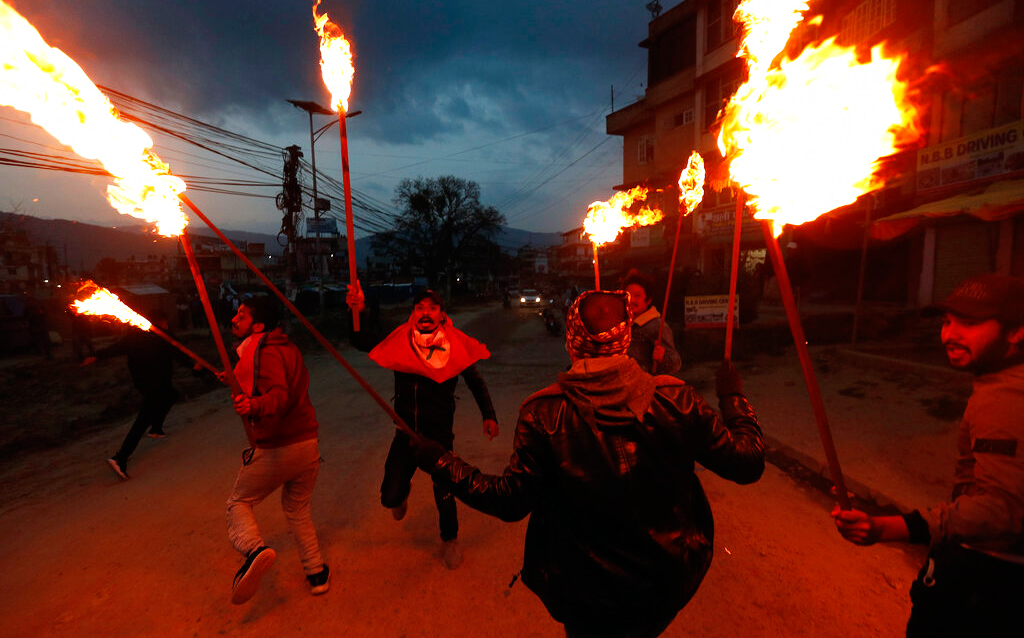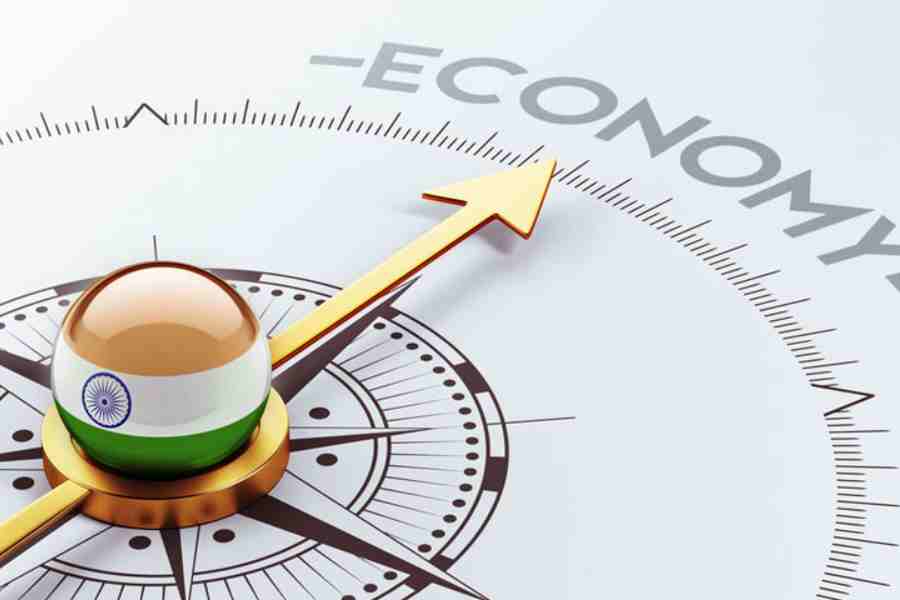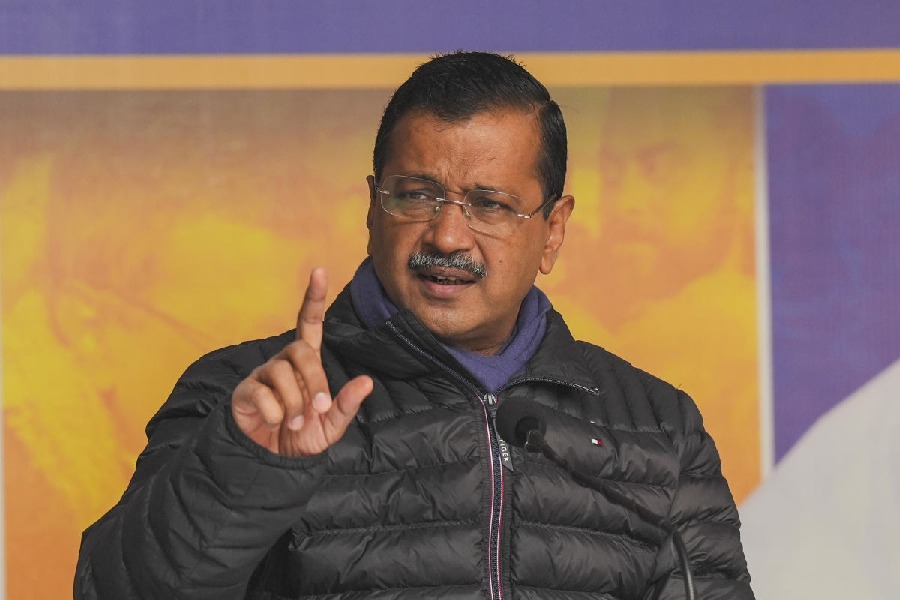Nepal is using the freshly kindled dispute with India over Lipu Lekh — a strip of land on its northwestern edge — to push for an early meeting of the boundary-talks mechanism between the neighbours.
India had on Saturday said this would be possible only after the two countries had “successfully dealt with the challenge of the Covid-19 emergency”, foreclosing the chances of such an engagement anytime soon.
But Kathmandu is said to have sought a meeting of this foreign secretary-level mechanism at the earliest when Indian ambassador Vinay Mohan Kwatra met Nepalese foreign minister Pradeep Gyawali on Monday morning to discuss the dispute over Lipu Lekh. The strip of land lies between India and Tibet.
Gyawali handed over a diplomatic note to Kwatra while expressing displeasure at the construction of a link road by India to Kailash Mansarovar via Lipu Lekh, which Nepal claims as its territory and New Delhi has identified as “China border”.
According to Nepal, it had twice proposed dates to schedule the meeting but India did not respond. This was not contested by India in its response on Saturday to Nepal’s statement against New Delhi’s Lipu Lekh move.
Defence minister Rajnath Singh had on Friday inaugurated the link, purportedly to make the Kailash Mansarovar pilgrimage easier and faster.
The Indian foreign ministry spokesperson had said on Saturday that the recently inaugurated road section in Pithoragarh district in Uttarakhand lay completely within Indian territory.
On Sunday, former Nepal Prime Minister and ruling party chairman Pushpa Kamal Dahal had said that if the issue was not resolved through high-level political and diplomatic channels, Kathmandu should explore other options.
He was speaking at a parliamentary committee meeting where he had been specially invited to discuss India’s inauguration of the Lipu Lekh route on Friday.
The Kathmandu Post reported that at this meeting of the Parliamentary State Affairs and Good Governance Committee, several parliamentarians asked the government to pursue international arbitration of the boundary dispute with India, which is not confined to Lipu Lekh but includes Kalapani, Limpiyadhura and Susta.
But the foreign minister and Dahal shot the proposal down publicly, with the latter quoted as saying “the time has not come to go in that direction”.
Gyawali added that internationalisation would only invite more challenges when dealing with a friendly neighbour, but the protests across social media platforms indicated public pressure to do more against India’s big-brother attitude.
Nepal is peeved that India is yet to officially accept the report of the Eminent Persons Group, set up to update the bilateral relationship after the two countries agreed to review the 1950 India-Nepal Peace and Friendship Treaty during Prime Minister Narendra Modi’s first visit to the country in 2014.










